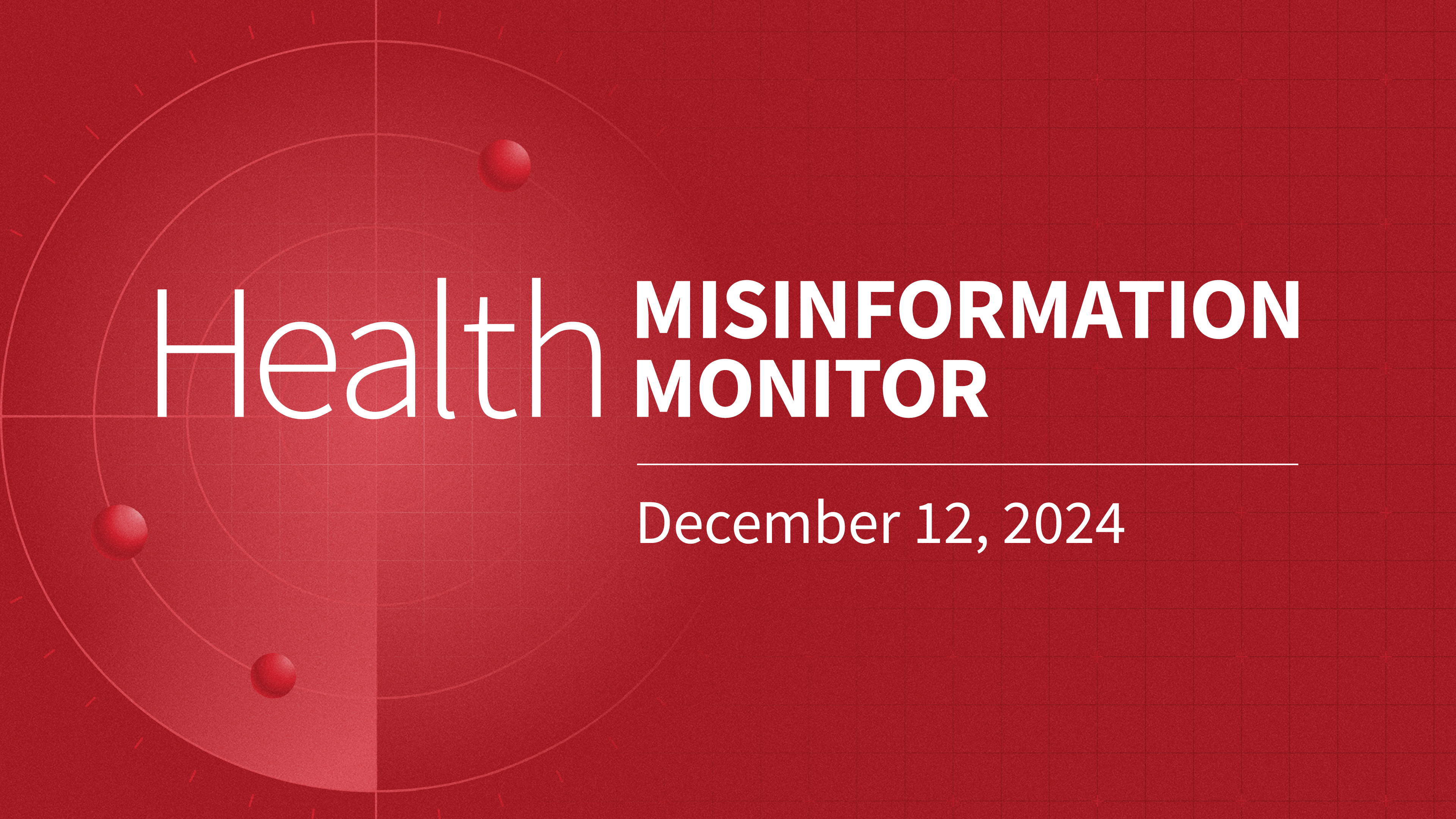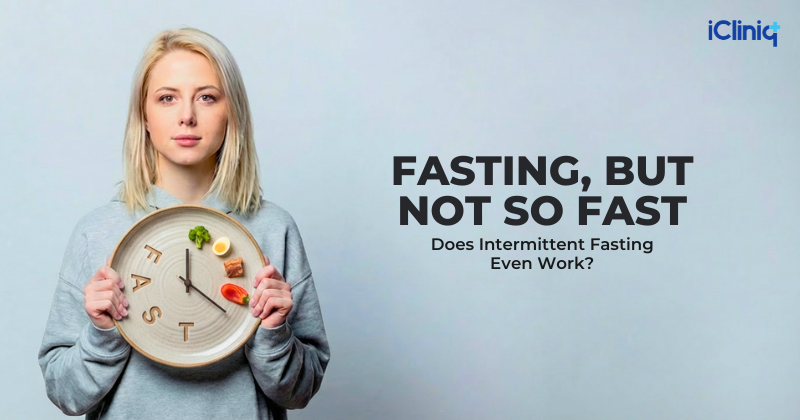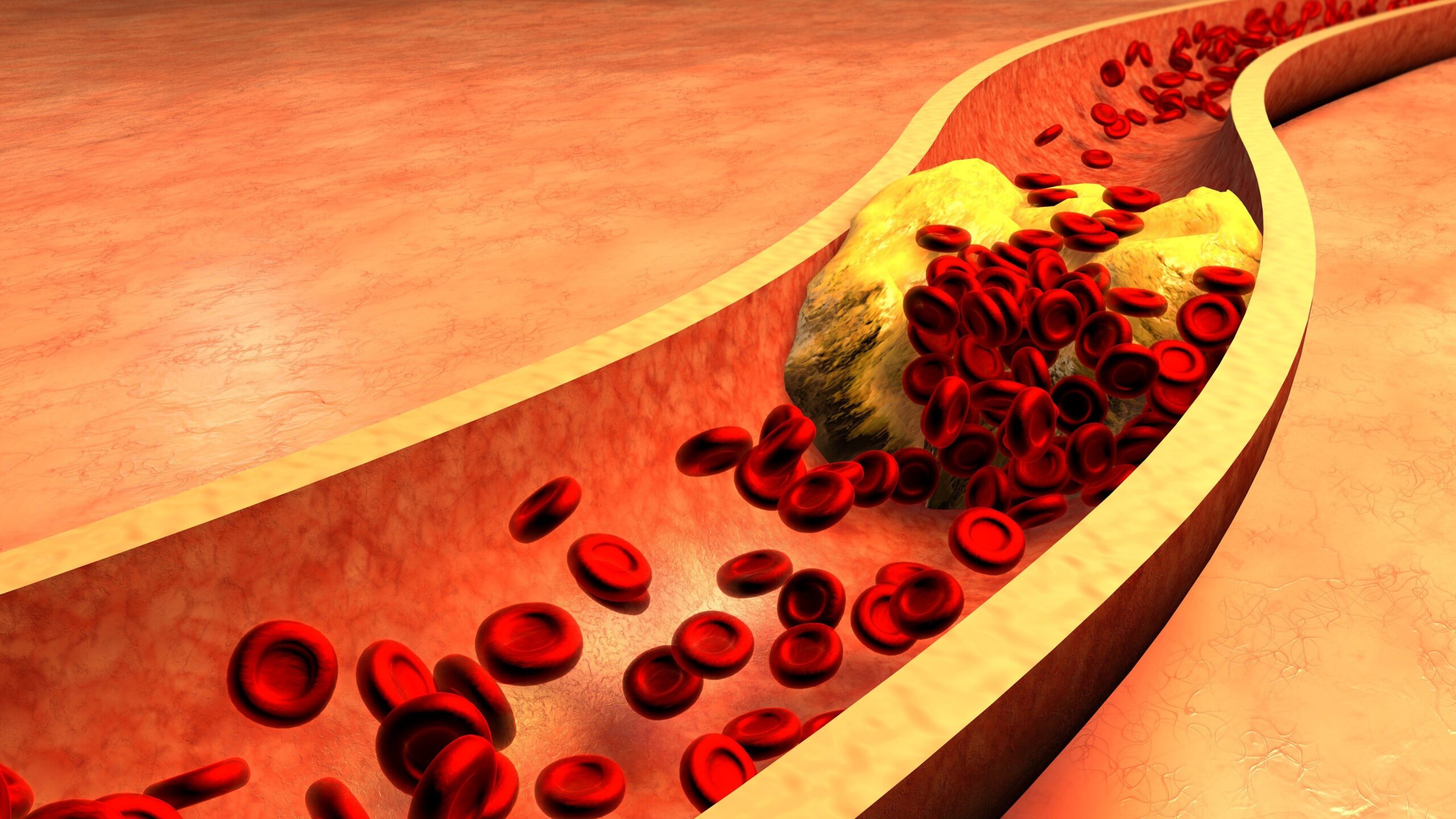Unsubstantiated Claims About Harm Reduction Programs Fuel Stigma
False claims that harm reduction strategies promote drug use continue to surface in response to news about these programs, even when the news is positive. Harm reduction for opioids can involve various strategies to mitigate risks among users, such as syringe needle distribution and distribution of opioid overdose medications. For example, on November 14, NPR published an article about vending machines that provide free harm reduction tools like naloxone to anyone and sterile syringes to harm reduction clinic clients with a special code, explaining how these tools can help prevent overdose deaths and reduce the spread of infectious diseases. The article also prebunked false claims that harm reduction strategies may increase drug use and crime. Despite sharing this encouraging evidence, several Facebook users responded to NPR’s article with the false claim that harm reduction strategies promote drug use.
Recent misleading claims about harm reduction strategies have also come from public health officials. On October 16, two former top officials at the Department of Health and Human Services published an op-ed on Fox News claiming that the current administration’s harm-reduction strategies have “produced more harm, not less.” The authors claimed that harm reduction strategies promote “acceptance of a drug-using lifestyle.” On the day the article was published, Robert F. Kennedy Jr. shared it on X, stating, “Agreed. To end the opioid crisis we need common sense solutions not ‘harm reduction.’” Most comments agreed with the op-ed, with some falsely claiming that harm reduction strategies provide people with illegal drugs. The article continued to spread on social media platforms, where many posts and comments advocated against harm reduction, falsely claiming that harm reduction can “promote” drug use and discourage treatment.
Despite research showing that harm reduction strategies can prevent overdose deaths, reduce the spread of infectious diseases, and do not increase drug use or crime, the false claim that harm reduction promotes drug use persists. This may reveal public confusion about the goals and functions of harm reduction principles and programs, which aim to reduce the negative effects of drug use and link people to treatment if and when they are ready. Stigmatizing attitudes toward people who use drugs also suggest that the public may not understand that substance use disorder (SUD) is a chronic health condition and although some people are more at risk for it, SUD is fairly common, as nearly three in 10 U.S. adults say they or someone in their family has experienced opioid addiction.
Publisher: Source link










